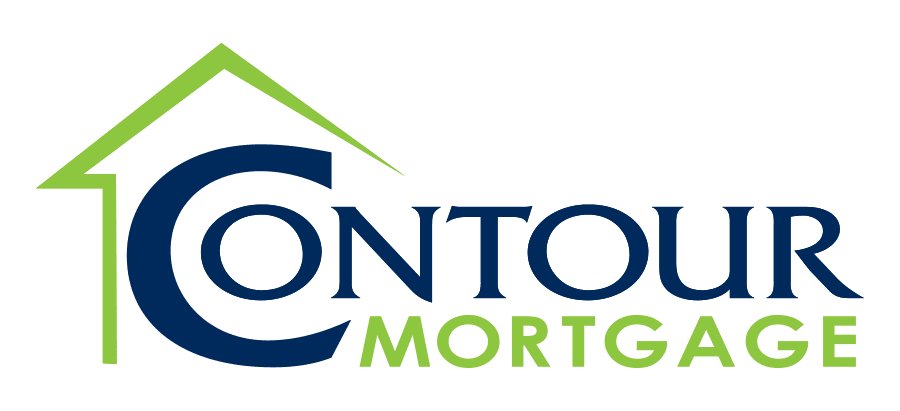When you need a mortgage, you will quickly learn that there are many different types available. Some mortgages are referred to as conventional loans. You will also likely be told about VA loans, USDA loans, and Federal Housing Administration (FHA) loans. FHA loans, specifically, are a little different than conventional loans but may be more suitable for your needs depending upon your financial situation.
An FHA loan can be ideal for someone who is purchasing a first home and has little in the way of equity or savings. As long as your credit rating is fairly good, you stand a likely chance of being approved for an FHA loan. If you have solid credit and enough savings to put toward a sizable down payment, a conventional loan may be the better option.
Conventional Mortgages
Conventional mortgages, such as 30-year fixed or 15-year fixed, are typically granted to individuals who have a high credit rating and a very good financial profile. Down payments on conventional loans can be anywhere from 3-20 percent, depending on the type of mortgage. It should be noted that if you put less than 20 percent down, you must also pay mortgage insurance as part of your monthly payment. Insurance must be paid until your loan-to-value reaches 80 percent. Depending on the amount of the mortgage, this can add a significant cost to your monthly payment, so you are better off making a down payment of 20 percent.
FHA Mortgages
An FHA mortgage is insured by the federal government, which makes an FHA mortgage less of a risk for lenders. Subsequently, the requirements for approval are a little less strict than they are for conventional mortgages. Individuals with lower credit ratings can still be approved for an FHA mortgage, and such mortgages require a down payment of only 3.5 percent. This makes it a lot easier for younger individuals who haven't yet amassed many savings to purchase a home. However, it should be noted that you are still required to pay mortgage insurance premiums as part of the monthly payment.
More About Mortgage Insurance
All FHA loans require you to pay mortgage insurance. You only pay mortgage insurance on a conventional loan if you put down less than 20 percent. The mortgage insurance is in place to help the lender recoup some of the loan if you default on it. An FHA loan also requires an upfront fee based on the size of the loan.
Qualifying Credit Score for a Mortgage
To qualify for an FHA mortgage, you must have a credit score of about 500 or higher. Conversely, the credit score minimum for a conventional loan must be about 620 or higher.
Other Differences
To qualify for a conventional mortgage, your finances must be in great standing presently and for the previous few years. There must be no recent bankruptcies or foreclosures. Typically, either of these events must have occurred four or more years ago. However, you can qualify for an FHA loan one year after filing a Chapter 13 bankruptcy and two years after filing a Chapter 7 bankruptcy. However, you have to wait three years after a foreclosure.
FHA loans have limits that can vary depending on the area where the house you wish to purchase is located. Conventional loans typically do not have limits.
To learn more about FHA loans and to determine if one is right for you, visit a reputable FHA-approved mortgage lender in your area.
















